QuestionHi,
Recently, I've had a few guinea pigs die of unknown causes.
Over the past two weeks, I've had a guinea pig who had become unusually thin. She still behaved as normal, ate plenty, and ran around with all the other piggies. I separated her for a few days to give her extra food, and started her on worming medication. I let her out with the other guinea pigs again, and she continued to behave as normal.
Yesterday, I immediately noticed her posture was extremely hunched, though she still tried to run around. Knowing she was in pain, I separated her again, gave her extra food ad vitamins in her water. She ate normally, though was still very hunched, thin, and her hair seemed more wiry than usual. This morning she refused to move, and died a few hours later. She was only three years old.
I give all my guinea pigs pellets, sorghum hay, vegetable scraps and fresh grass regularly, with plenty of water all the time. They are also free to move around a large enclosure, and have a big shed to sleep in at night. They are housed on hay and newspaper.
What could be the reasons for her death? How can it be prevented?
I have another guinea pig who appears to have the same problem, but she has had it on an off for months. She was born with a few problems, and now is thinning with wiry fur. She's acting and eating normally. What can I do to keep her from the same fate?
Also, what are the reasons that any guinea pig may die unexpectedly? (without any of the symptoms mentioned above). I had a young guinea pig, only a few months old, die in her sleep with no signs of pain, blood, choking, anything. Just as though she were sleeping.
Lastly, for a while now, a few of my guinea pigs have been showing signs of hair loss, but not in the usual way. Rather than the hair falling out, it appears to have 'broken'. It just looks like they all had a really bad hair cut, especially around the bottom end and stomach. We mash them in malowash for insects and mites, which cures them, and their fur grows back shiny and new within a few weeks. Then the exact same thing happens again about a month later. In my whole life, this has never happened. Of almost 20 years of having guinea-pigs, only this year has this fur problem occurred. What could be the cause of this? Is there a way to prevent it? Or should we just continue washing them? I've never taken them to the vet because of this, because they show no signs of pain or lack of appetite. They behave perfectly normally, except with funny looking fur.
Thank you in advance for any advice you can give me to prevent these problems.
AnswerWhat you're describing (the hunched up posture) sounds like a nutritional issue. The hunching is an indicator of a stomach ache. As for the reason, that's tough. If you're not doing anything different than you always have it's harder to pin down.
I don't use vitamins in my water bottles as it makes the water have that medicinal smell and taste and my pigs won't touch it. A good quality pellet should contain all the vitamins they need. I do use Vit C crystals in the water as it's tasteless and odorless. I keep re-reading the fresh grass paragraph and wondering if that's not the problem. Is there something contaminating the grass? Just a theory of course, but I would stop the grass completely for awhile, and the fresh veg. scraps.
Thinning hair or chewed coats usually means mites in my caviary. I use Ivermectin paste 1.87% on mine. During the warm months I have to treat every six weeks as the mites seem to get a "power surge" during the warm months. Of course in Australia you're in the cooler season right not, aren't you? Although the symptoms still sound to me like a parasite issue.
I've never had such a bad season for mites as I have had the past few months so I know what you're saying. It's frustrating as can be. But if the hair is coming back after the treatment it would appear that's what's happening in your caviary too. So try the routine treatment to see if that doesn't get control of the problem.
I find the washes and dips take care of mites and lice for awhile, but seem to wear out and they return more quickly than using the Ivermectin. I don't know if it's available in Australia, but there must be something equivalent available. It's a horse paste for worming and you just give a very small amount orally, a bit about the size of the head of a match.
I hope these suggestions help. I do understand your frustration as I've been there. Please keep in touch. I'd like to know if this works.

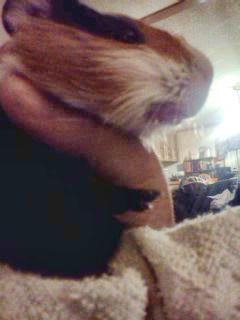 male guniea pig
QuestionQUESTION: hi i have a male guinea pig that will
male guniea pig
QuestionQUESTION: hi i have a male guinea pig that will
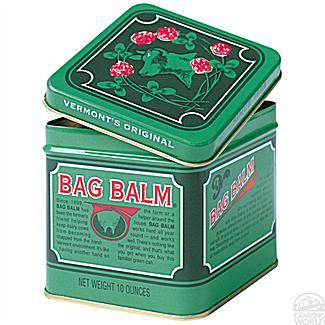 guinea pig allergies
Questioni have 2 female guinea pigs. our smallest and y
guinea pig allergies
Questioni have 2 female guinea pigs. our smallest and y
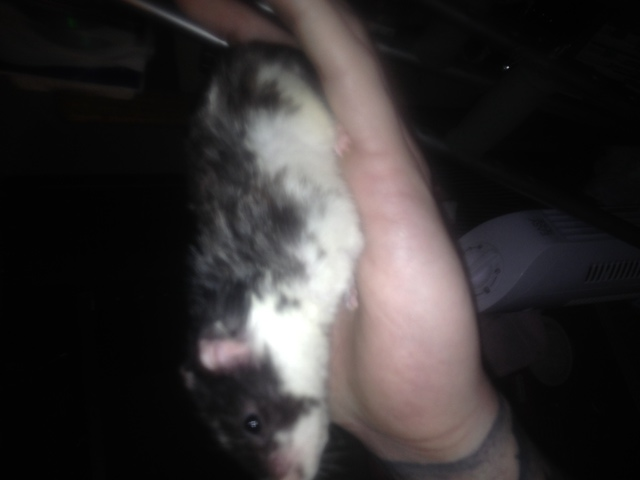 My hampster Mia plz Im begging help her
Question
Mia her arm under bell
My baby girl ham
My hampster Mia plz Im begging help her
Question
Mia her arm under bell
My baby girl ham
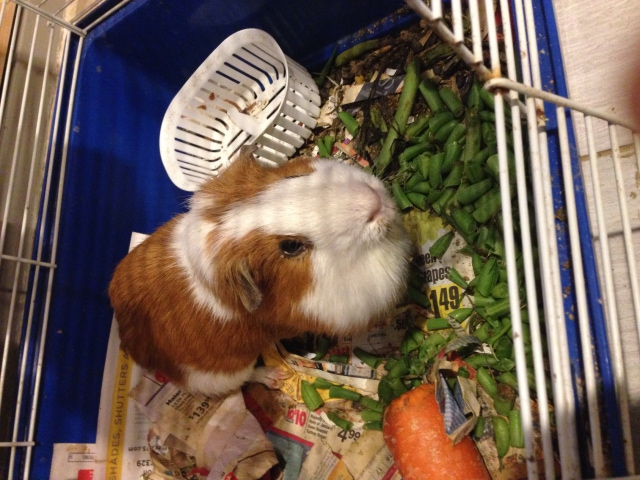 Swollen face and white pus on eye
Question
Bugsay
My pig is about 7 yo. Recently w
Swollen face and white pus on eye
Question
Bugsay
My pig is about 7 yo. Recently w
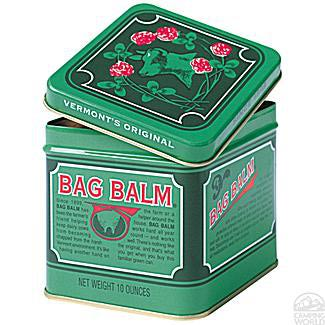 Guinea pig with severe hairloss and skin problems
QuestionI adopted a female guinea pig from her owner wh
Guinea pig with severe hairloss and skin problems
QuestionI adopted a female guinea pig from her owner wh